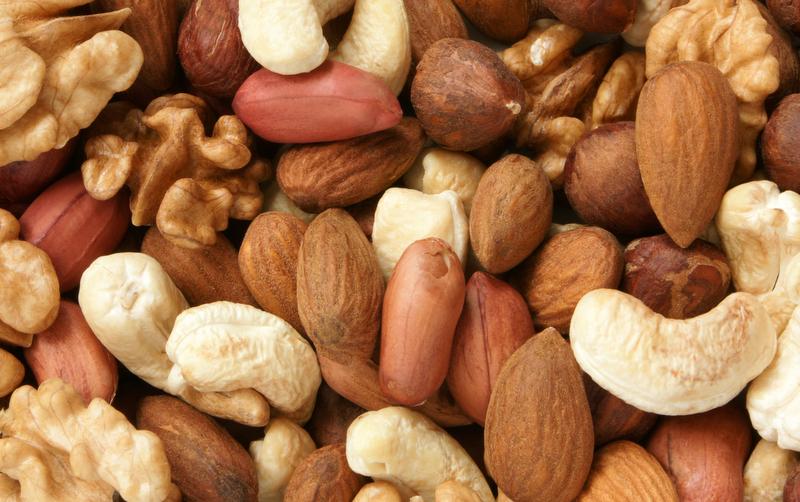Food allergies
A food allergy can happen when a person’s immune system reacts to a food allergen (which is always a protein). It can cause a person to have a reaction when they eat or touch the food allergen (a particular food).
Common signs of an allergic reaction
- Blocked or runny nose, sneezing, asthma, coughing or wheezing.
- Swelling of the lips, tongue, face and/or throat, itching, redness or rashes.
- Stomach cramps, diarrhoea, nausea, vomiting or colic.
- Feeling faint, dizziness or collapse.
Symptoms can be mild or very severe. Food allergies occur in around 6% of children. Most children (80-90%) outgrow their allergies as they get older, although this can take many years for some children.
Common causes
Most allergic reactions are caused by cows milk, eggs, peanuts, soy, fish, shellfish, wheat and tree nuts. Tree nuts include almonds, brazil nuts, cashews, chestnuts, pecans, pine nuts, pistachios and walnuts.
Any baby may have an allergic reaction to food. However, babies born into families with allergies are more likely to have a food allergy than other children.
What you can do
Delaying the introduction of solid food until your baby is ready for it and continuing to breastfeed while you introduce solids may help prevent allergic reactions to some foods. At around 6 months, once baby is ready for solids, try new foods one at a time. If you suspect an allergy or have a strong family history of allergies, talk to your doctor.
